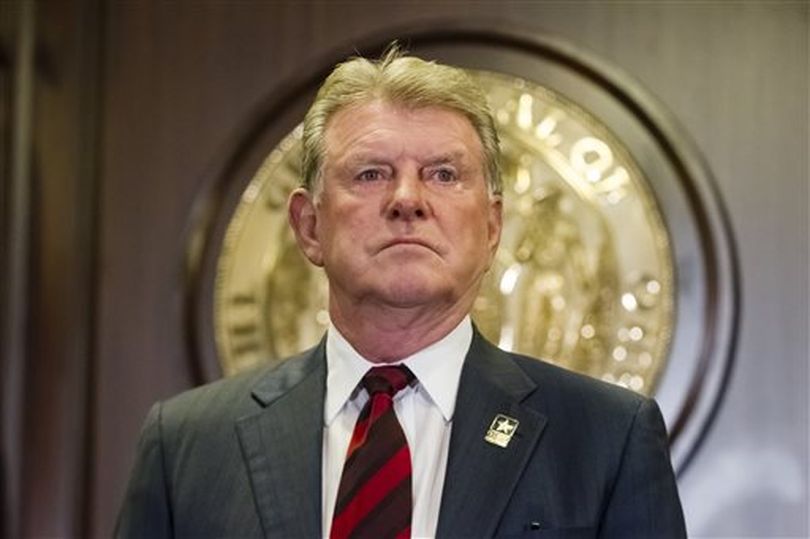Otter proposes $30M primary-care program for gap population

Idaho Gov. Butch Otter told reporters at the AP Legislative Preview this morning that he’ll propose a new $30 million program to lawmakers this year to provide preventive, primary medical care to the estimated 78,000 Idahoans who now fall into the “gap” population, making too much to qualify for Medicaid but too little to qualify for subsidized health insurance through the state health insurance exchange. The money – all state funds – would come from Idaho’s existing tobacco taxes, with the programs now funded by those tax funds shifting to the state general fund.
Asked why Idaho hasn’t addressed the problem sooner – Otter’s Medicaid Redesign Task Force has been recommending a Medicaid expansion to address the gap population for the past three years – Otter said, “We haven’t had the political will. I have not seen the political will, and I understand that. There’s always some resistance to starting a new program, to expanding a program, and especially a program that’s initiated by the federal government. … I can understand that resistance. And when you’re starting to count votes and you count the resistance, one of the things we’re trying to overcome – we’re not relying on the federal government. We’re going to do this at home, it’s the Idaho solution. Is it more expensive? In the long run, probably not, but in the short term, yes, it is more expensive to do it, but it’s Idahoans taking care of Idahoans.”
He added, “For three years we just haven’t been able to move the needle.”
Otter was joined by the House and Senate Health & Welfare chairs, Rep. Fred Wood, R-Burley, and Sen. Lee Heider, R-Twin Falls, who both pledged to support the governor’s initiative, and state Health & Welfare Director Dick Armstrong, who said the program envisions spending $32 a month per patient to give each patient access to a “medical home” – a regular health care provider who would be familiar with the patient’s health history and could help coordinate their care. Armstrong said patients would go to clinics in their area, which would expand hours to serve them, including weekends. The program wouldn’t cover hospitalization or specialty care, he said. But, “There are certain basic medications that are available through the clinics, and will continue to be available. We’re also working on a discount prescription card that will be available to these individuals.”
“We’re a ways from passing this yet,” Otter said. “It’s going to take legislation, and it’s going to take answering a lot of questions, just like we’re doing this morning.”
